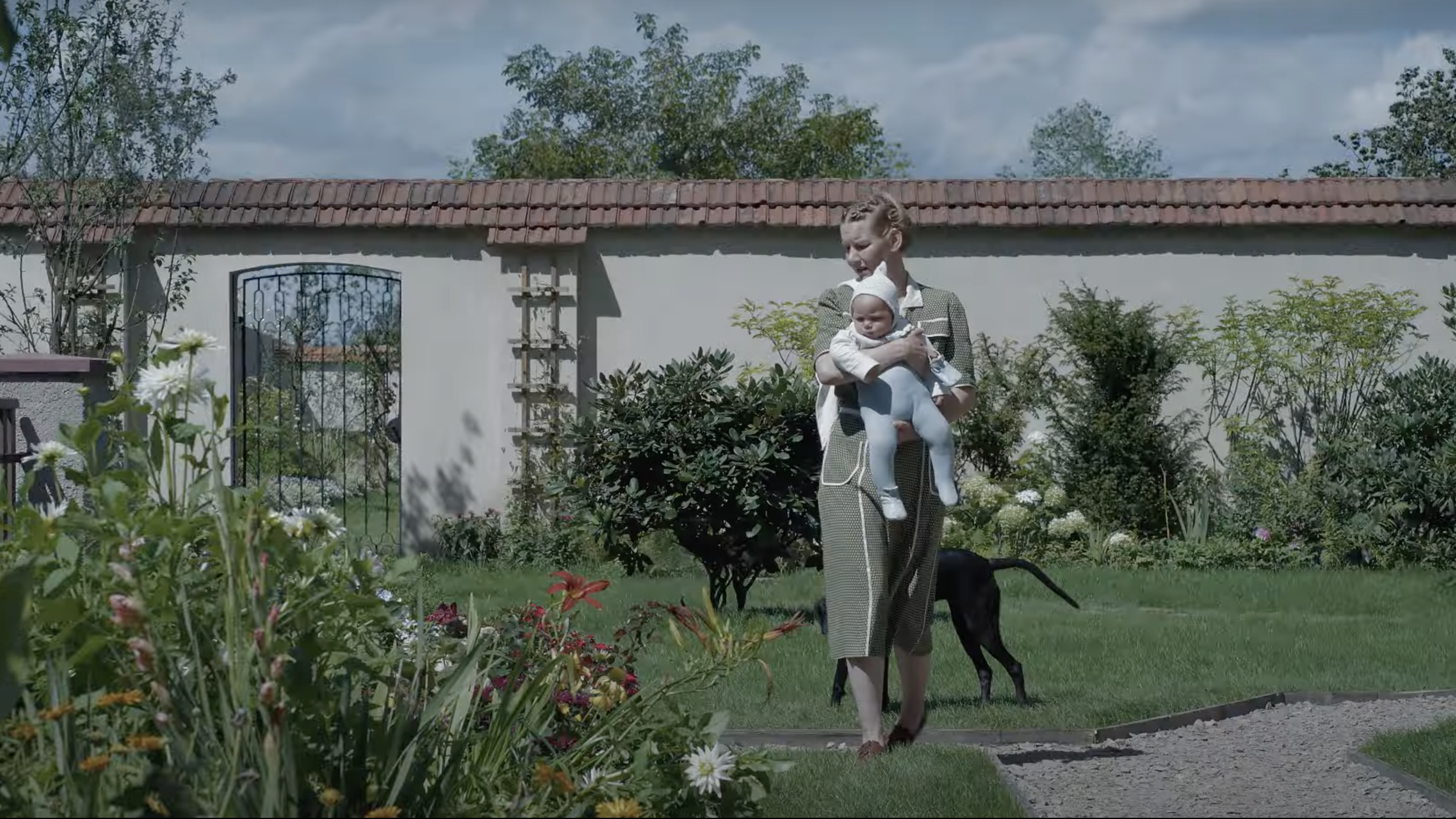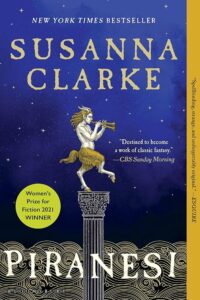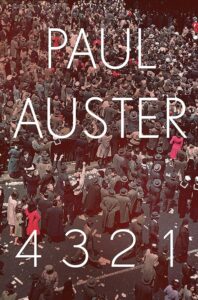The Zone of Interest, Jonathan Glazer’s adaptation of Martin Amis’ novel, is a cinematic endeavor that has profoundly impacted me, lingering in my thoughts for months. This historical drama is set against the backdrop of Auschwitz, one of history’s darkest chapters. Glazer’s film is unique in its focus on the life of Rudolf Höss, the commandant of Auschwitz, and his family. This approach, initially jarring, provides a hauntingly effective exploration of the banality of evil and the unsettling normalization of atrocity.
The film’s narrative is marked by a disturbing juxtaposition. The mundane domesticity of the Höss family, depicted with chilling ordinariness, contrasts sharply with the unspeakable horrors occurring just beyond their garden wall. This approach eschews explicit depictions of the camp’s atrocities, instead crafting a chilling atmosphere through implication and suggestion. Christian Friedel’s portrayal of Rudolf Höss is a striking representation of chilling detachment, embodying the unnerving disconnection of a man complicit in monstrous acts. Sandra Hüller, as his wife Hedwig, delivers a complex portrayal of a woman enshrouded in willful ignorance and complicity.
Glazer’s direction in The Zone of Interest is a masterclass in creating an atmosphere that is profoundly disconcerting. The emphasis on audiovisual storytelling is particularly effective. The sounds of the camp, the distant screams, and the ever-present smoke are constant, ghastly reminders of the atrocities occurring mere steps away. This auditory landscape, coupled with Lukasz Zal’s haunting cinematography, creates a narrative that is as beautiful as it is horrifying.

What struck me most personally about the film was its innovative approach. By focusing on the lives of the perpetrators, The Zone of Interest forces viewers to confront the uncomfortable reality of the banality of evil. It serves as a haunting reminder of how ordinary lives can intertwine with extraordinary inhumanity. The film’s exploration of the Höss family’s denial and complicity is a stark illustration of humanity’s capacity for self-deception and moral detachment.
The film’s perspective on the Holocaust is unique and unnerving. Glazer’s choice to explore this historical tragedy through the eyes of the perpetrators rather than the victims offers a fresh and disturbing lens. The portrayal of the Höss family, living in blissful ignorance just a wall away from unimaginable suffering, is a powerful commentary on the human ability to overlook and normalize evil.
The narrative structure of The Zone of Interest is another aspect that left a deep impression on me. The film skillfully intertwines the mundane with the macabre, creating a jarring contrast that underscores the grotesque nature of the Höss family’s existence. The film’s attention to detail, from the meticulously designed costumes and sets to the carefully selected German language of the 1940s, transports viewers to this unsettling world. The depiction of the family’s life – from Rudolf reading bedtime stories to his children to Hedwig tending to her garden – while screams and smoke emanate from the camp, is a stark reminder of the depths of human denial and the capacity for evil.

Glazer’s film is also a commentary on the role of memory and history. The way the film shifts between the past and the present, juxtaposing the sanitized, museum-like state of Auschwitz today with the brutal reality of its past, is a powerful statement on how history is recorded and remembered. This narrative approach forces viewers to grapple with the uncomfortable truth that the way we remember and commemorate history is often sanitized and edited, leaving out the inconvenient truths of human cruelty and complicity.
The Zone of Interest is more than just a film; it is a profound exploration of one of the darkest chapters in human history. Its focus on the lives of the perpetrators provides a disturbing yet essential perspective on the Holocaust. The film’s powerful performances, masterful direction, and unsettling narrative make it a significant cinematic work. It is a film that not only bears witness to history but also challenges us to reflect on the nature of humanity and the ease with which evil can be normalized. It’s a film that will undoubtedly be remembered and discussed for many years to come, serving as a crucial historical point of reference and a testament to Glazer’s distinctive voice as a filmmaker.









